Research and resources on social cohesion theory and best practice.
The Belong Network Library
Research and resources on social cohesion theory and best practice.
Research and resources on social cohesion theory and best practice.
Research and resources on social cohesion theory and best practice.
The Belong Library is free to access and brings together a wide range of online resources produced by the public, private and civil society sectors to build the evidence base around social cohesion.
It is regularly updated and includes:
Please contact us if you are unable to find what you need – we’d be delighted to help.
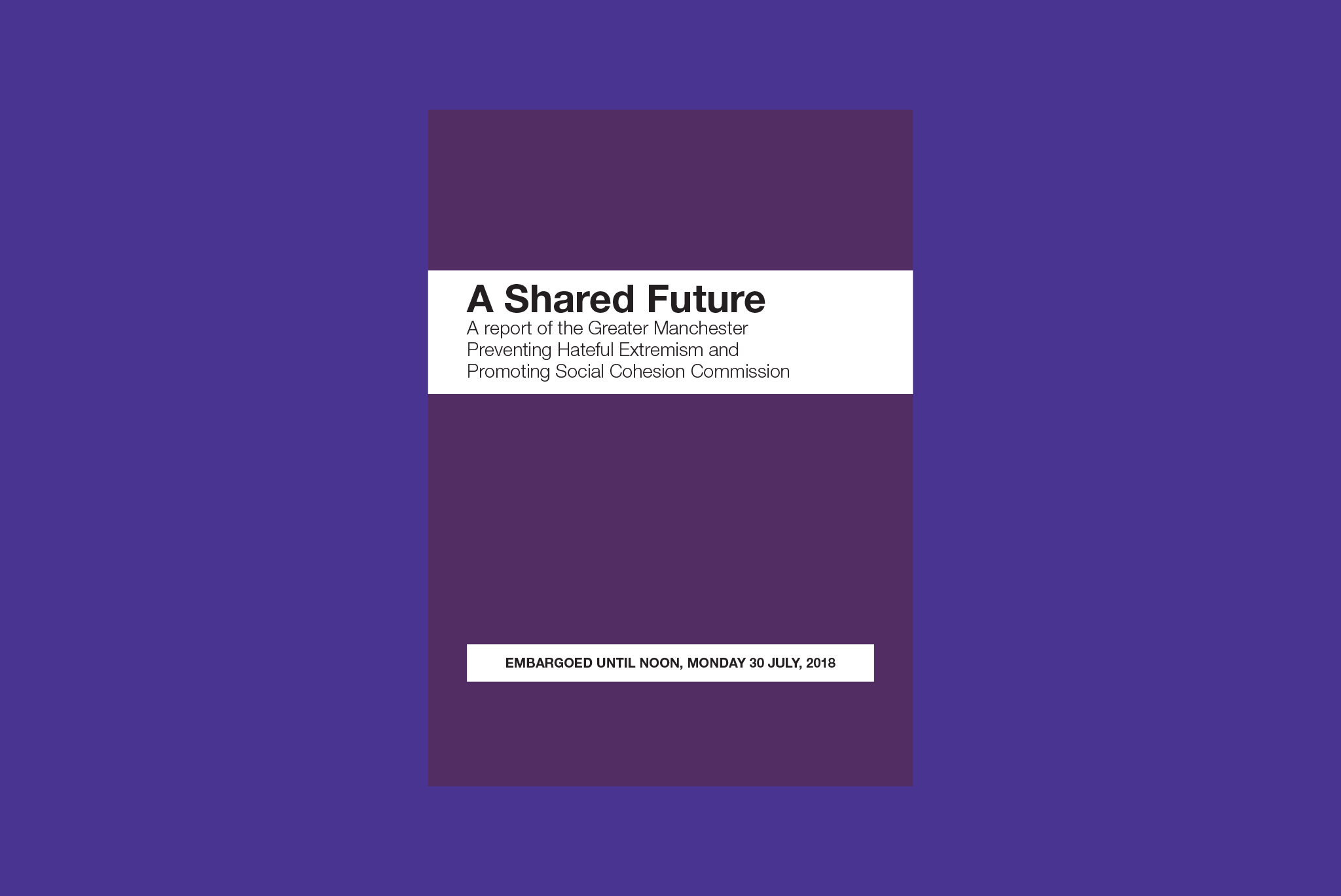
This report sets out steps to build social cohesion and tackle extremism in Manchester in the wake of the Manchester Arena Attack.
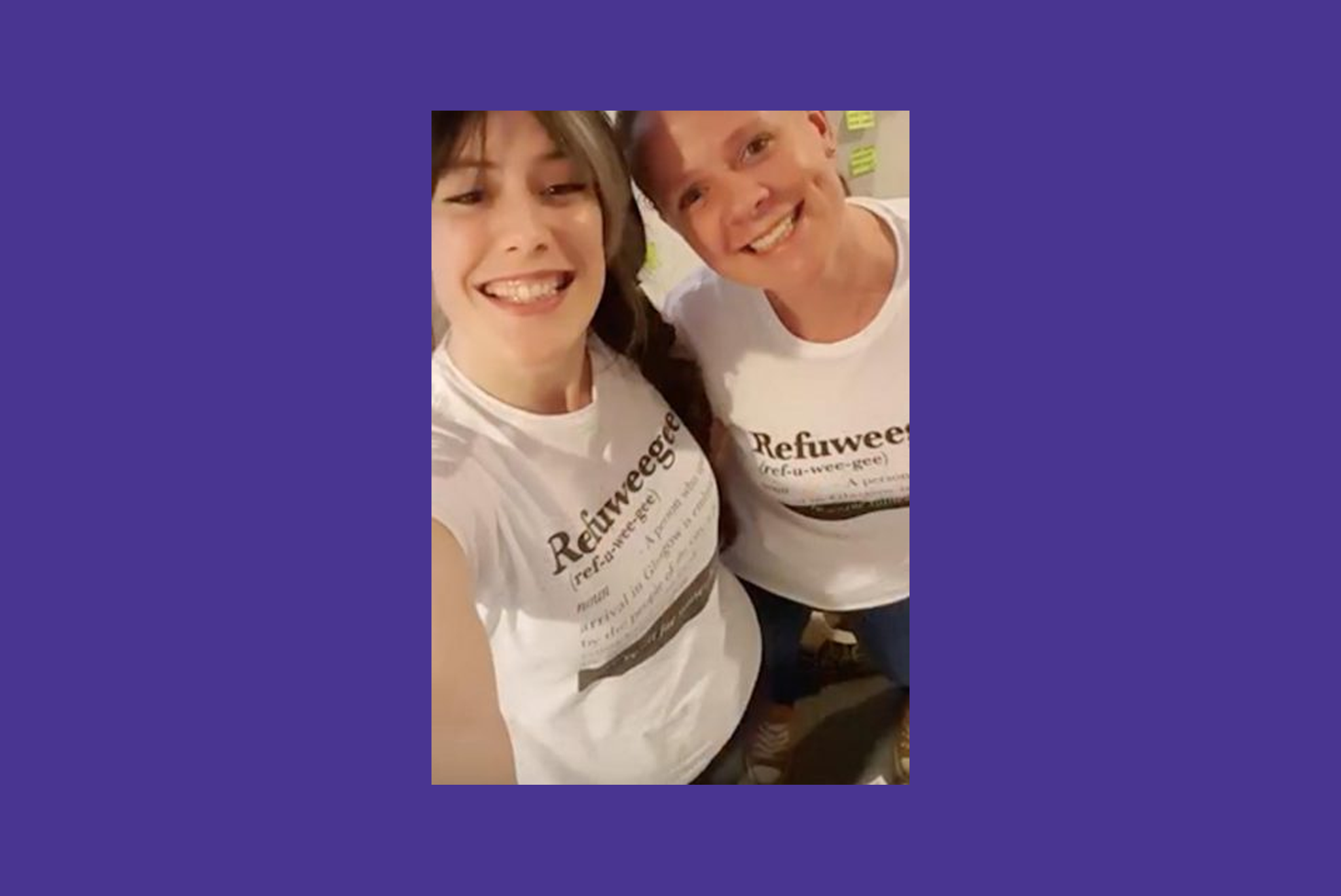
A heart-warming video looking at the work of Selina Hales who set up Refuweegee in Glasgow to give migrants arriving in Scotland a very warm welcome. Refuweegee demonstrates how human kindness and harnessing the power of local communities can transform the integration experiences of new arrivals.
ECPAT's report brings together statistics and policy developments on child trafficking in the UK and highlights the fact that the numbers of trafficked children is increasing. ECPAT raises concerns that not enough is being done to help these children, despite progress being made in the reporting of such cases and the advent of dedicated legislation across the UK.
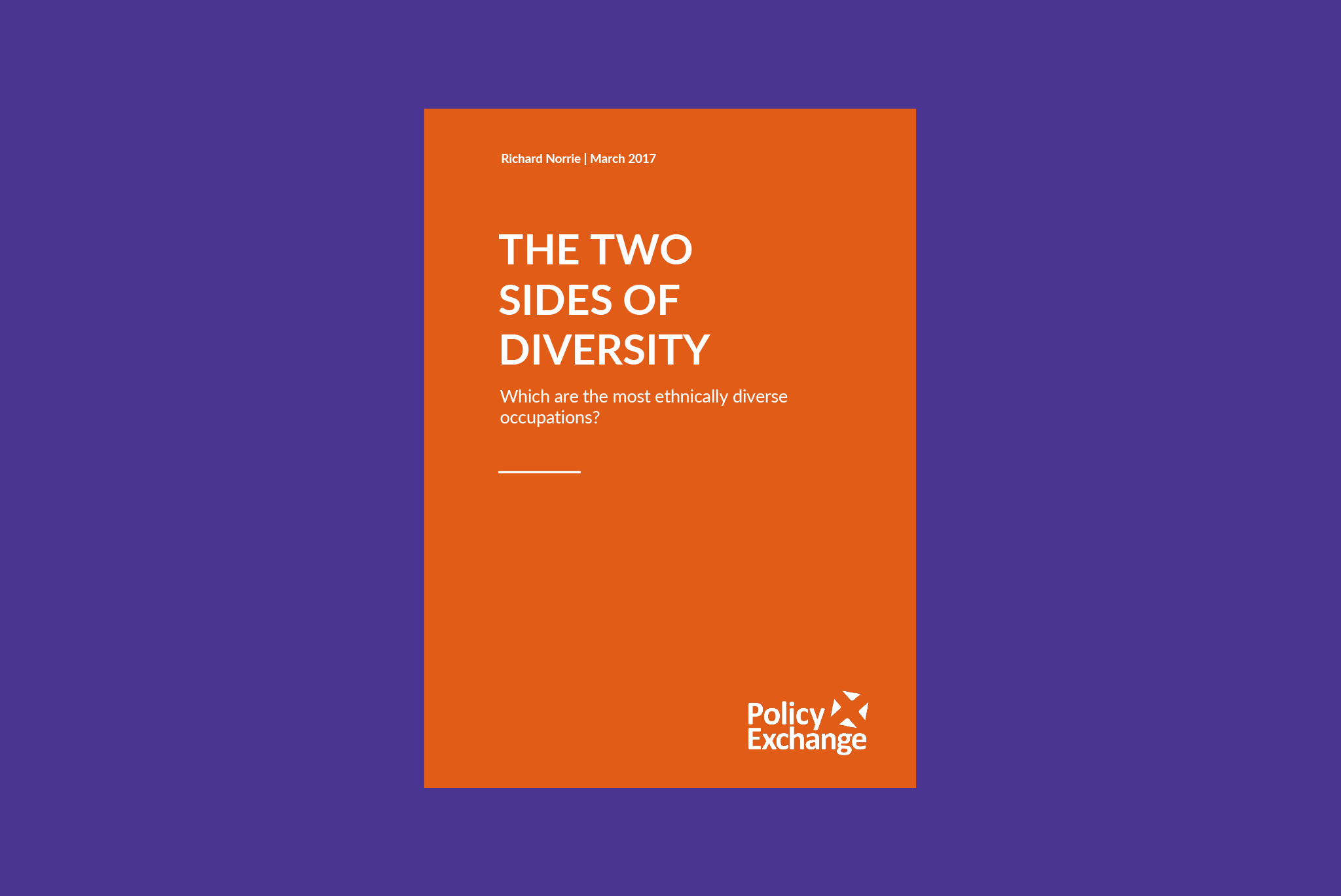
This report is an analysis of ethnic diversity across occupations in England and Wales based on data taken from the 2015 Labour Force Survey (LFS). It finds that the most ethnically diverse occupations are either low skilled jobs, or high skilled professional occupations.
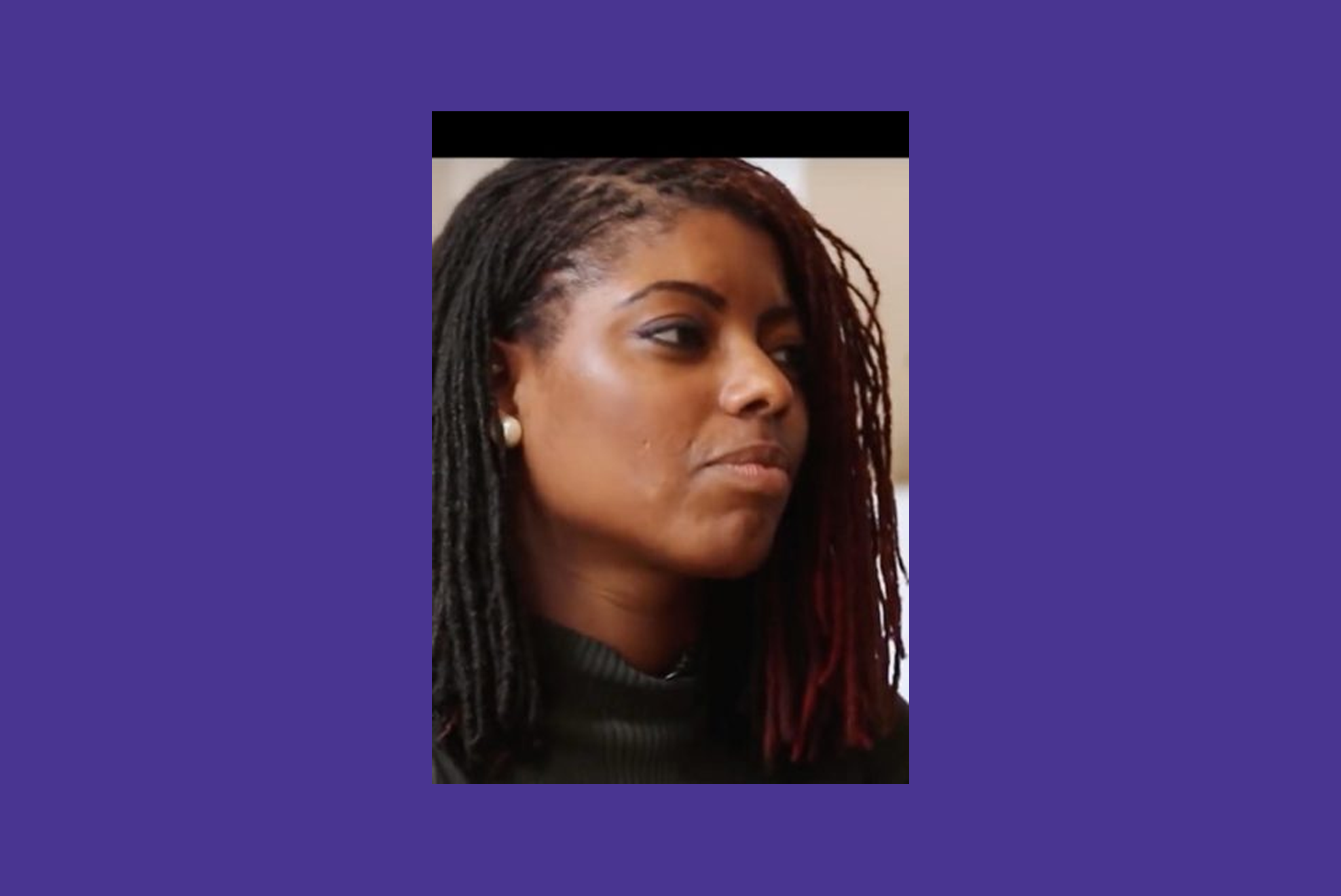
In this short video, two academics from the field of migration examine what it means to be British. They discuss the consequences of the Windrush scandal and explore the concept of British values.
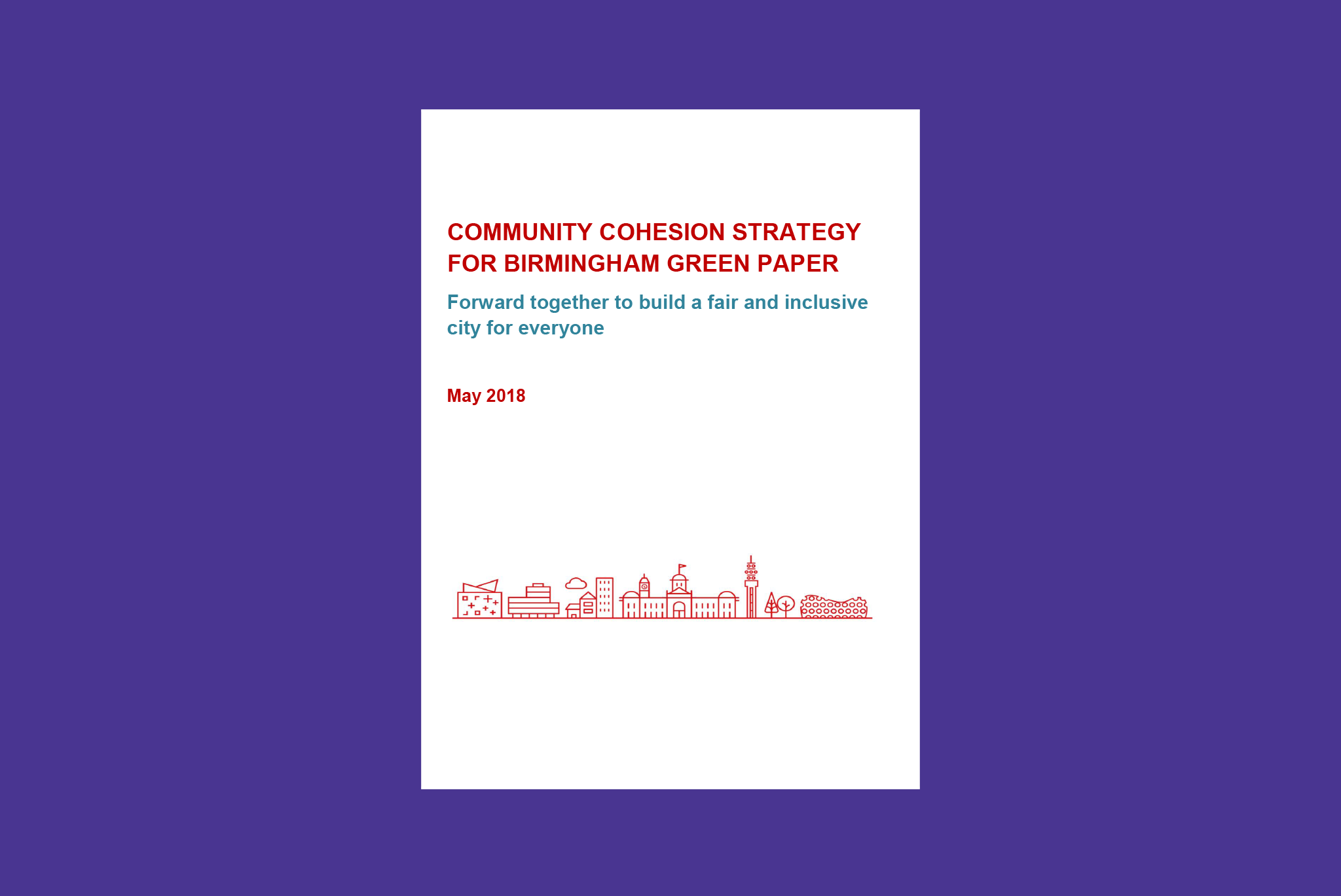
This Green Paper was published in 2018. It sets out Birmingham's vision for building community cohesion in the city. It sets out eight guiding principles: Mainstream cohesion: making cohesion everyday business; connecting and exchanging ideas that promote cohesion and mobilise social action; nurturing and supporting aspiration of young people; promote rights and responsibilities; progress equality in all spheres of social and economic life; promote inclusive economic growth that benefits everyone across Birmingham; empowered and engaged neighbourhoods; unite people and communities throughart, culture and sports.
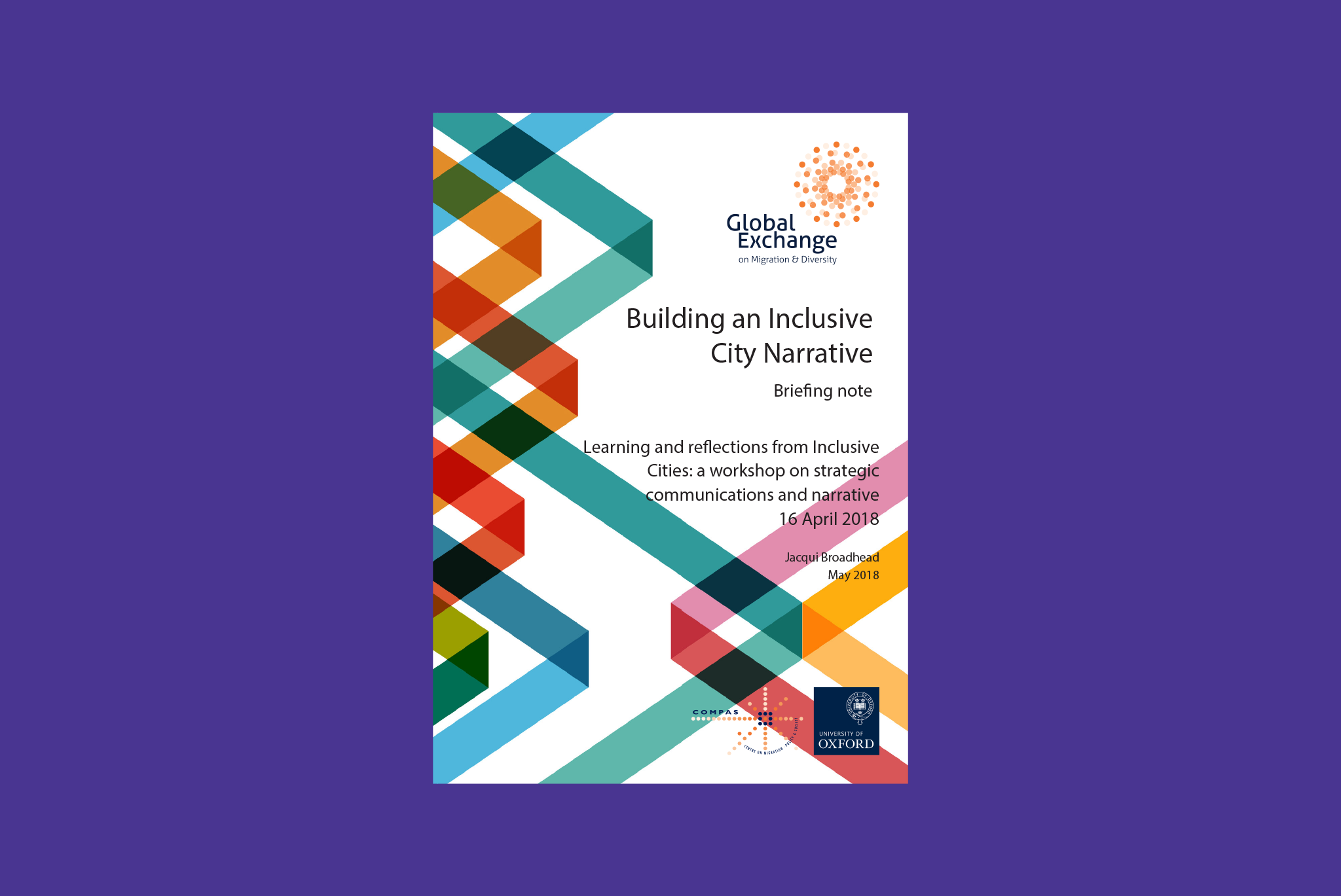
This briefing note is part of the Inclusive Cities programme – a knowledge exchange initiative working with UK city administrations and partners to deliver a step change in their approach to the inclusion of newcomers. The note explores how each inclusive city will develop its own narratives particular to its values and population.
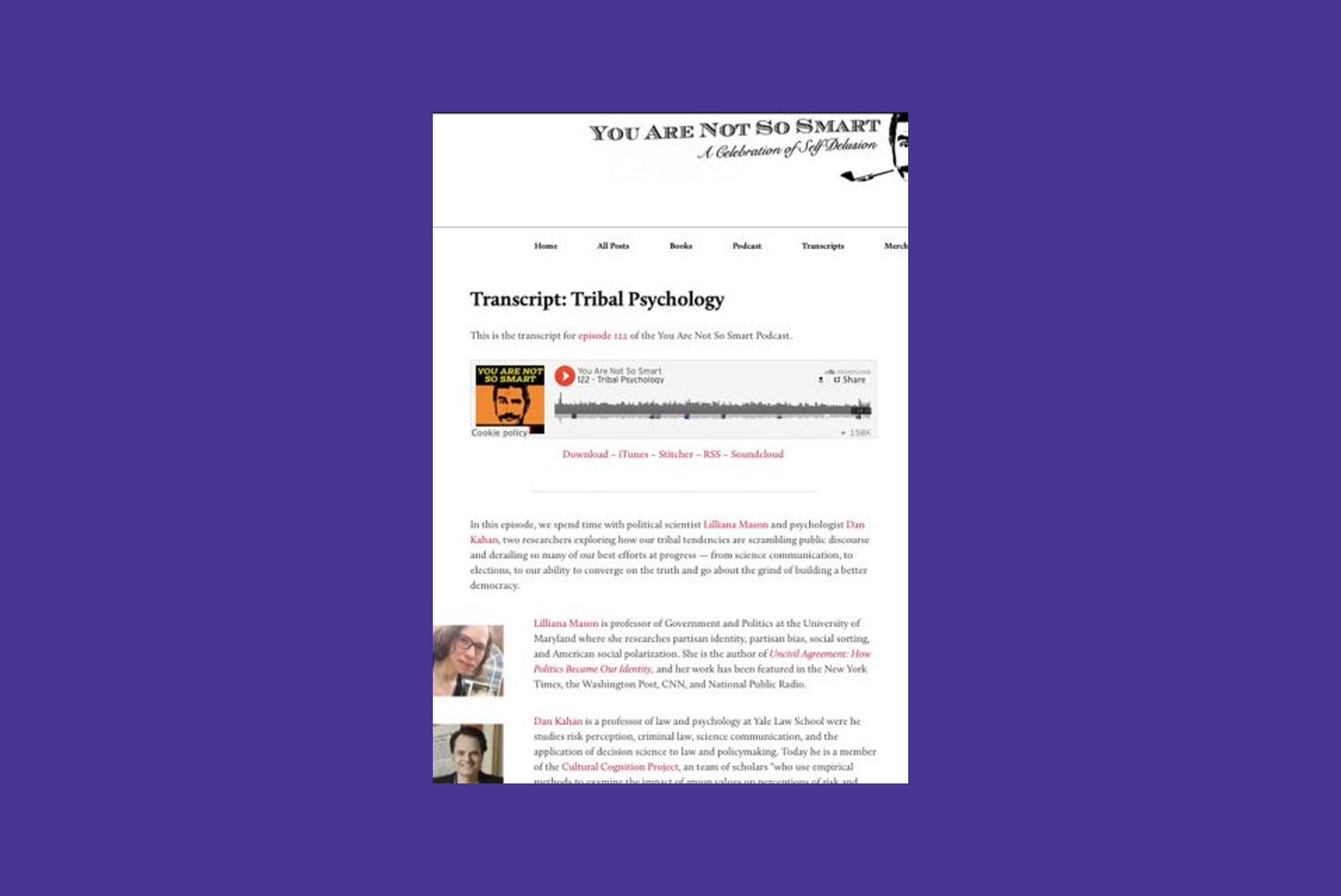
Political scientist, Lilliana Mason, and psychologist Dan Kahan, explore the dynamics of group identities and suggest that we're living in an era of growing 'tribalism'.
This report compares the labour market outcomes of natives, those who migrated to seek asylum (refugees), and other migrants in the UK. It finds that refugees have worse labour market outcomes than natives and other migrants. They are less likely to be employed, earn less per hour and work fewer hours than natives and those who migrated to the UK for other reasons. Among the reasons identified for this are differences in health status (particularly mental health) and English proficiency.
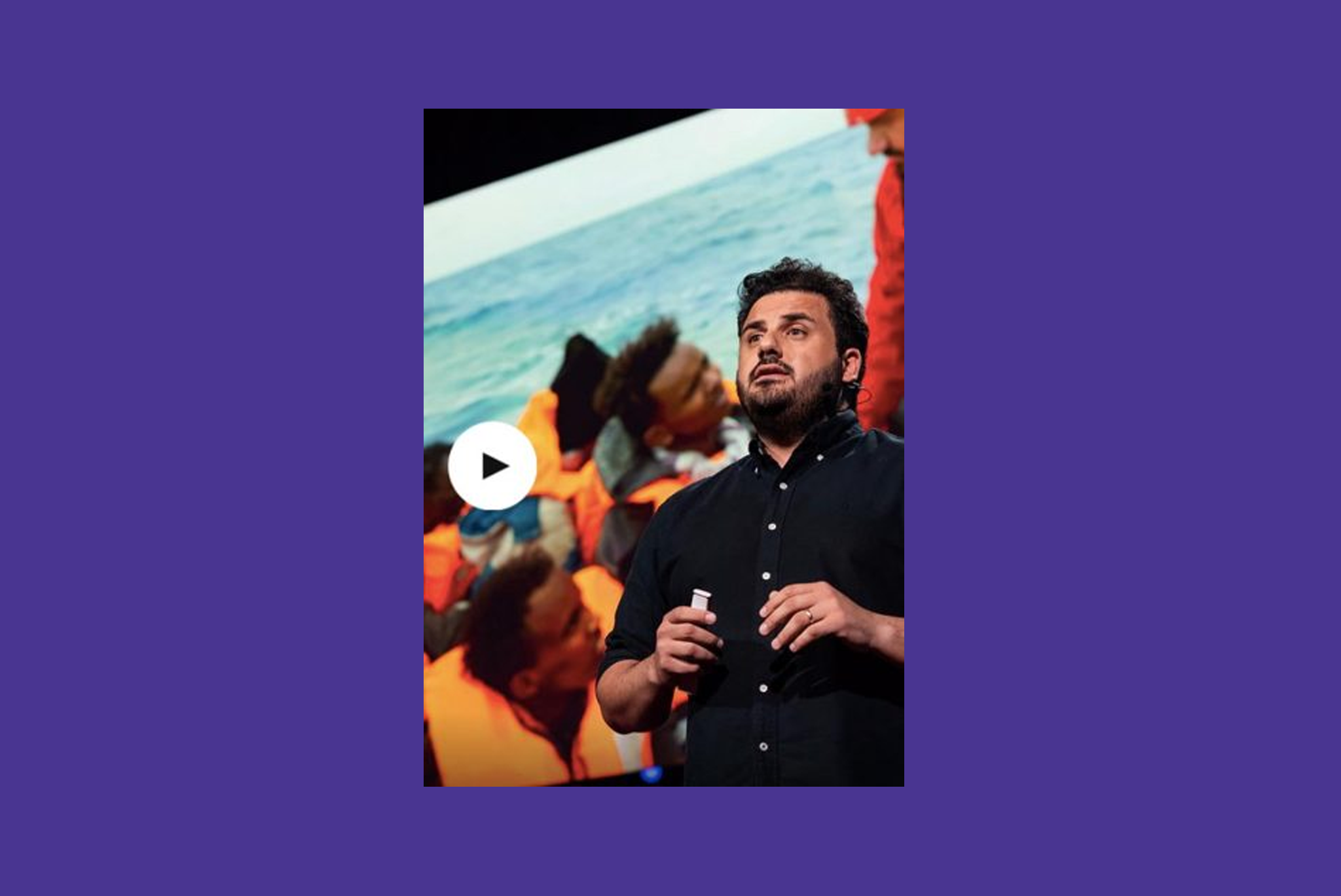
In this short video, child psychiatrist Essam Daod, who has been working in camps, rescue boats and on the shorelines of Greece and the Mediterranean Sea to help refugees, speaks about the need to help refugee children to reframe their traumatic experiences.